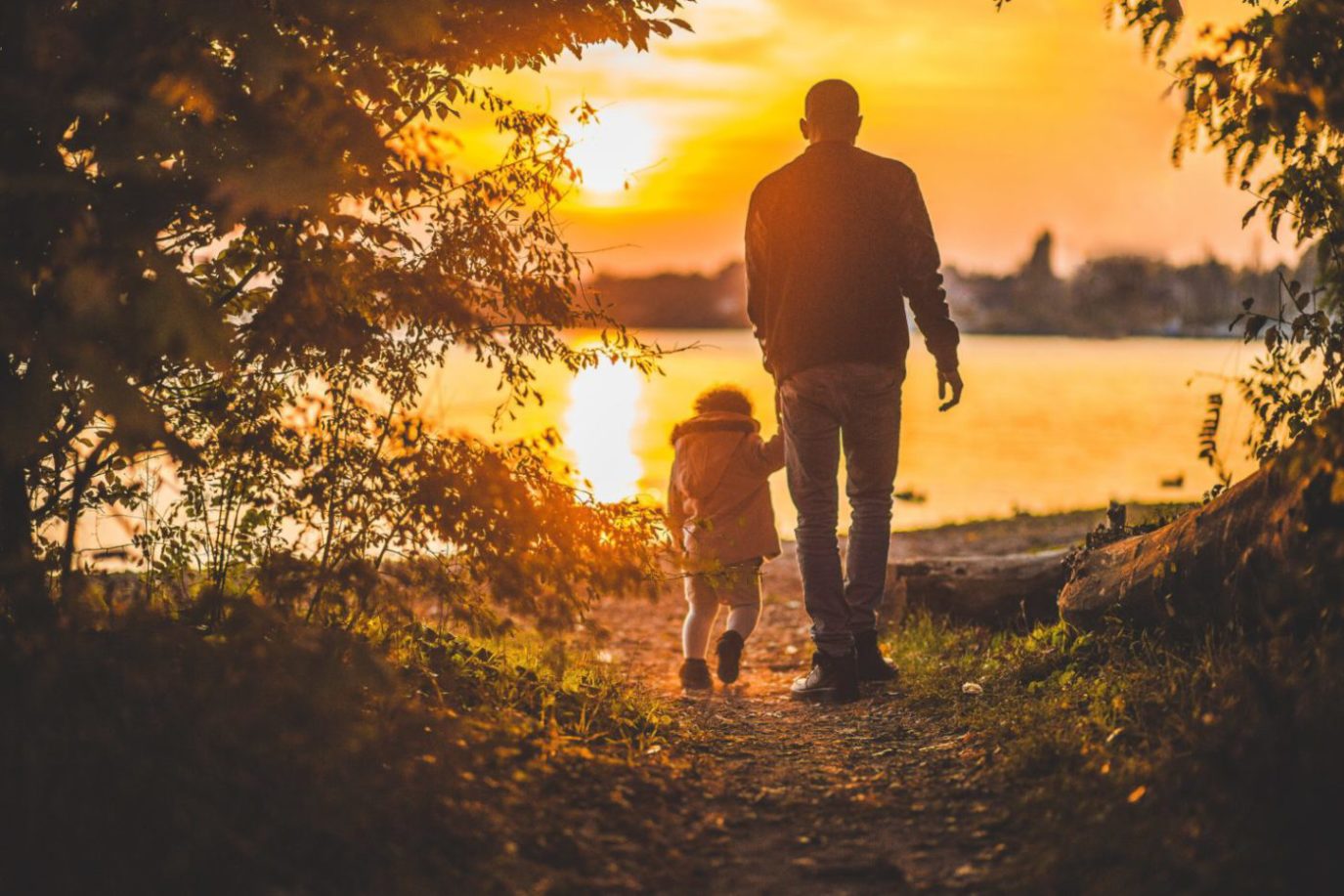I remember the first time I realized my father wasn’t perfect. After a trip to Dairy Queen one summer evening, the family got back in the car and dad went to pull out onto a busy road.
A teenager speeding down the sidewalk on his bike slammed into the side of our car, tumbled across the hood, and fell to the sidewalk.
My dad, in a moment of shock and panic, got out of the car yelling “What on earth are you thinking? You could have killed yourself or someone else!” He then bent over to ask, “Are you okay? Are you hurt?” At that moment, a woman turning into the parking lot rolled down her window and called out, “Sure, run the kid over, then yell at him!”
On Father’s Day, we tend to celebrate the best parts of our dads. But to maintain our mental health and wellbeing we need to see things as they really are. So, it’s important to remember our fathers for the imperfect people they are.
Whether your father was the coach, the handyman, the best friend, the safety officer, the child prodigy developer, the workaholic, the alcoholic, the abuser or the absent father, there’s no denying the important role fathers have in our lives. But pretending any one of them is perfect isn’t fair to anyone.
It’s hard to appreciate the huge task of being a dad. Most of us do it while still discovering who we are as people. We hardly understand a child’s needs, much less our own. So when we find ourselves in uncertain territory, we often do exactly what our fathers did. Or the complete opposite.
The Myth of the Perfect Father
Being a father isn’t taught in high school and there’s no Daddy Diploma program in college. Yet we’ve come to demand more of fathers even as the neighbourhoods and communities that used to watch out for kids have declined.
I worked with a young man recently who told me he didn’t have a relationship with his father. In fact, filled with anger and resentment, he said: “My father is dead to me.”
A social media culture where everyone has “The best dad in the world” only perpetuates the myth of the perfect dad, and raises unrealistic expectations for all.
This culture made it harder for this young man to acknowledge why everyone else has a great dad, except him. Having little family, few close friends and no real connections to the community, only made the desire for the perfect dad stronger.
Healing Your Relationship with Your Father
It’s important to work on resolving our relationship with our fathers, both for our own peace, as well as to prevent repeating the same mistakes with our own children.
The possibility of healing our relationship is always available. Time and experience have a way of softening us all, making us more vulnerable, sensitive and compassionate. As we get older we can better understand the reasons for our fathers’ mistakes and weaknesses.
But it’s important to stay open to new opportunities to reconnect. Sometimes both father and child are ready at the same time. Sometimes not. Significant life events, milestones and even illnesses are opportunities for reconnection because they open us to new learning.
We shouldn’t expect one conversation to heal a relationship. It may take a series of conversations over time to rebuild trust and understanding.
Sometimes the death of our father makes reconnecting impossible. Even then, we can heal our relationship by learning from speaking with grandparents or relatives. We can also heal by forming new healthy friendships and becoming more involved in our communities or taking steps to heal an emotional loss.
It Takes A Village
It’s important to remember, no father can ever fully meet all the needs of a child. Fortunately, other fatherly figures may be available.
Some coach little league teams, teach in schools and police our communities. Others show up on playgrounds or in the grocery stores smiling and or offering a helping hand. Others are the managers and employers who create safe, healthy workplaces.
After my dad collected himself, he helped the teenager up off the ground, picked up his bike, put it in the trunk of the car and drove him home. He took the kid to the door, met his parents and offered to help repair his bike.
Fathers will make mistakes. But if we give them a chance, we often find them seeking forgiveness or trying to make up for their mistakes.
Our fathers like us, are always changing, learning and growing.
Instead of glorifying or vilifying our dads, we should see them for who they really are; important and imperfect people who help us grow if we are willing to learn from their strengths and weaknesses.

